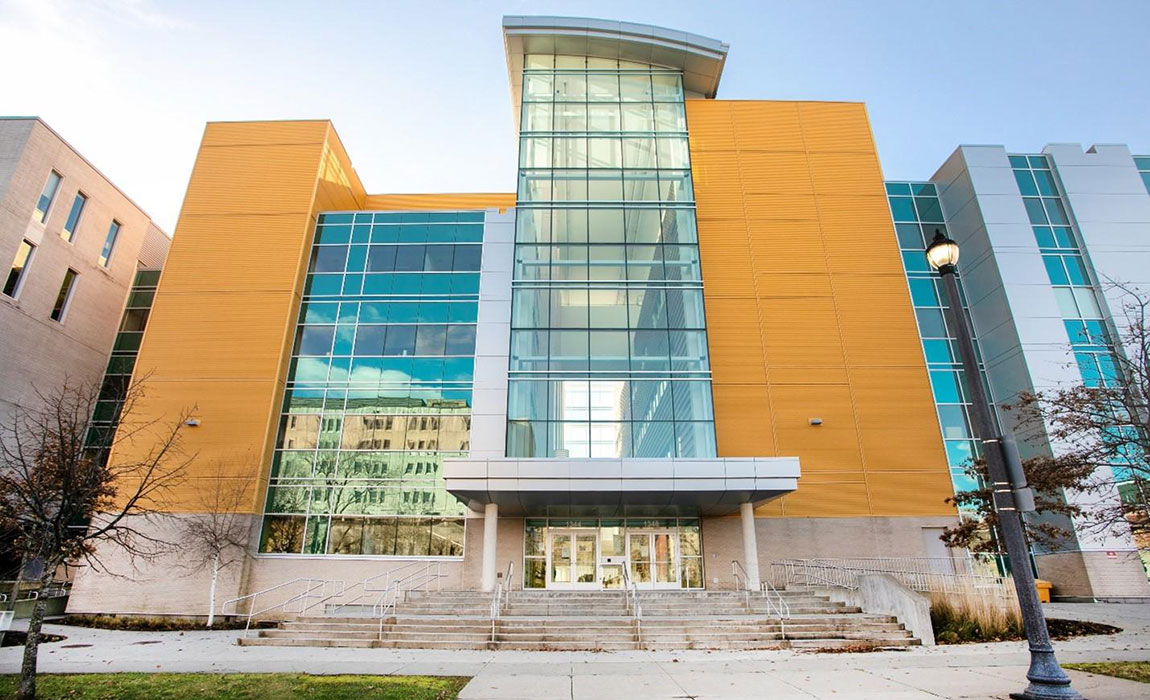Best-out-of-waste: Why bioeconomy companies are choosing Nova Scotia, Canada
Wednesday, October 23, 2024
Nova Scotia, known for its stunning coastlines, vibrant culture and unrivaled hospitality, is fast becoming a leader in renewable natural resource innovation. In particular, the bioeconomy is on the rise and Nova Scotia’s unique ecosystem is gaining global interest.
The bioeconomy sources, distributes, uses, reuses and finds new applications for renewable bioresources; using crops, forests, fish, animals and micro-organisms to produce everything from food, health, products, energy, and more.
The growing bioeconomy in Nova Scotia is fuelled by biomass from industries such as forestry. Emerging industries like energy storage and clean technologies send raw materials that would otherwise be discarded to biorefineries to be used as feedstocks.
Offering a network of service providers and infrastructure facilities, Nova Scotia is an ideal location to set up and grow your bioeconomy firm.
But don’t take our word for it.
A clean tech start-up creating a high strength concrete additive, alterBiota makes Hydrous Bio-Graphene Oxide (hBGO) admixtures, which are stable, pumpable dispersions of activated bio-graphene tailor-made for optimizing concrete mix designs. hBGO improves compressive and flexural strength as well as overall durability in concrete.
alterBiota takes byproducts from forestry and applies innovative material engineering to make concrete more environmentally friendly. Applying a circular economy lens at every stage, the hydrogen and CO2 byproducts from their process are captured and put to good use to become sustainable fuel for fleets or inputs for agriculture and consumer products.
“Nova Scotia has a world class ecosystem for innovative start-up companies in the bioeconomy. There is an incredible combination of pragmatic R&D resources interconnected with industry, investors, and sources of non-dilutive funding,” says alterBiota CEO and co-founder, Mark Masotti.
“With deeply rooted forestry, agriculture, and fisheries sectors, there is no shortage of feedstock opportunities with progressive partners willing to adopt innovative ideas and partner for growth. Proximity to market is key and Nova Scotia is within 1200 km of a population of around 40 million between eastern Canada and the eastern seaboard of the United States.”
“Nova Scotia has all the elements of a large urban centre such as talent, industry, and capital, but it is much more accessible. In other words, it is easier to connect and exchange ideas with peers and customers alike in a place like Nova Scotia than other places in Canada.”
Chester-based Sustane Technologies develops a set of disruptive processes to transform municipal solid waste (MSW) streams into high value fuels and recyclable materials — converting almost 90% of the waste in a black garbage bag back into valuable commercial products. The company is revolutionizing municipal waste management while materially reducing greenhouse gas emissions.
Sustane works with governments and industry to transform garbage, single-use and end-of-life plastics into fuels and fertilizers as well as engineered feedstocks for virgin plastic production and renewable natural gas.
“We had direct access to an entire ecosystem of companies, service providers, sector enablers, senior public officials, and knowledge leaders from nationally recognized institutions,” says Fraser Gray, Senior Vice President, Finance & Strategy at Sustane Technologies.
“With many challenges facing a company starting out, we have been able to take advantage of world-leading infrastructure combined with a well-educated and well-rounded Nova Scotia workforce looking for opportunities in the bioeconomy. Nova Scotia was the right place to start our company.”
The Verschuren Centre for Sustainability in Energy and the Environment is facilitating the transition to a green and circular economy through supporting innovative clean technology commercialization. The Centre has established teams of expertise in key areas to assist companies advance IP and accelerate uptake in manufacturing and primary production industries. Areas of specialty include industrial and agritech bioprocessing, carbon and polymer materials, thermal energy transitioning and storage and climate mitigation in aquaculture.
AscendBio in Cape Breton, Nova Scotia, enables companies in the industrial biotech and agritech sectors to scale up their technologies and business operations. This is possible thanks to the Verschuren Centre’s scientific and technical expertise and infrastructure, along with Invest Nova Scotia's sector expertise, business support and international networks.
Arduro Sustainable Rubber, an AscendBio company, develops a clean technology process that turns waste tires back into high-grade, valuable raw materials. Arduro’s recovered carbon black, an essential reinforcing filler in rubber products particularly in tire manufacturing, is a sustainable alternative to virgin carbon black and obtained through their patented, proprietary recovery process.
"The technical support from the Verschuren Centre is invaluable,” says Arduro CEO, Ian Lowe. “Capital is available from government programs and an engaged angel network backed by Nova Scotia's Innovation Equity Tax Credit. Business development support and resources are instrumental, and Nova Scotia is a logistics hub, with rail, sea and air transportation links providing access to our key markets in North America and Europe."
Suzanne Fraser, Investment Attraction Executive at Invest Nova Scotia, echoes the sentiment of these and so many other companies in the bioeconomy space who can’t imagine doing business anywhere else.
“Nova Scotia has everything companies in this space need to be successful – supply chain access, the right feedstock, welcoming industry partners, lots of industry support via organizations like the Verschuren Centre and Greenspring Bioinnovation Hub, and access to global markets. It’s truly exciting to watch the bioeconomy industry in Nova Scotia evolve and compete globally.”
If you’re in the bioeconomy business and are curious how your growth plans could work in Nova Scotia, contact Suzanne Fraser to learn more.








